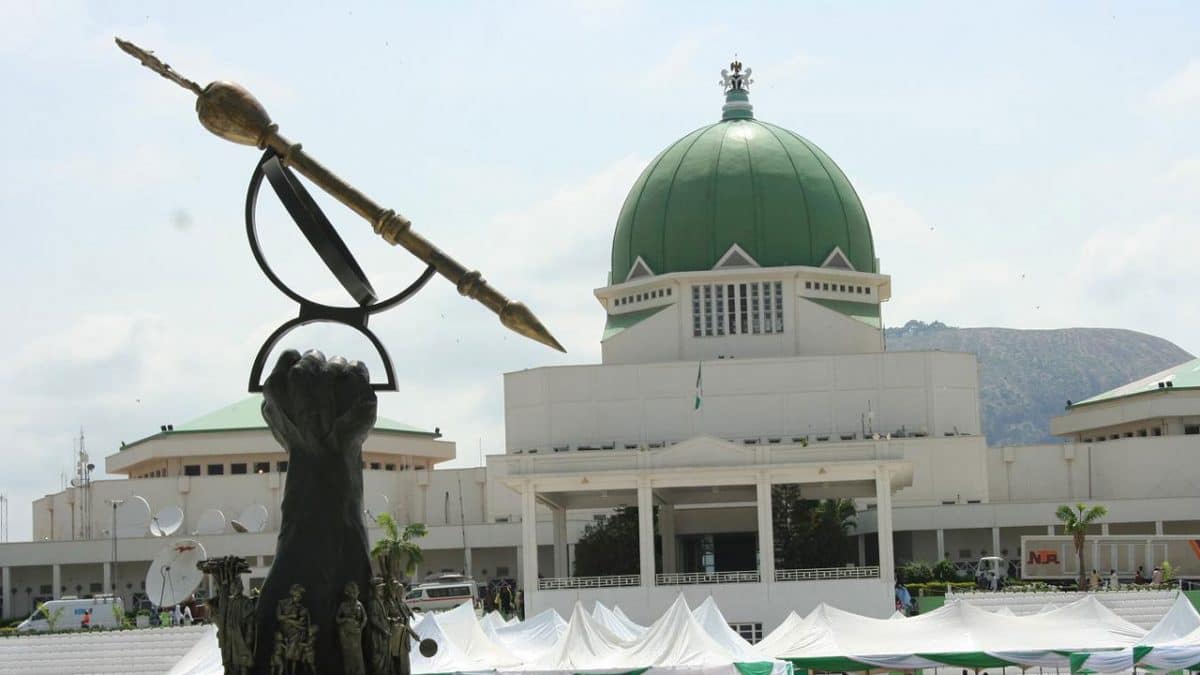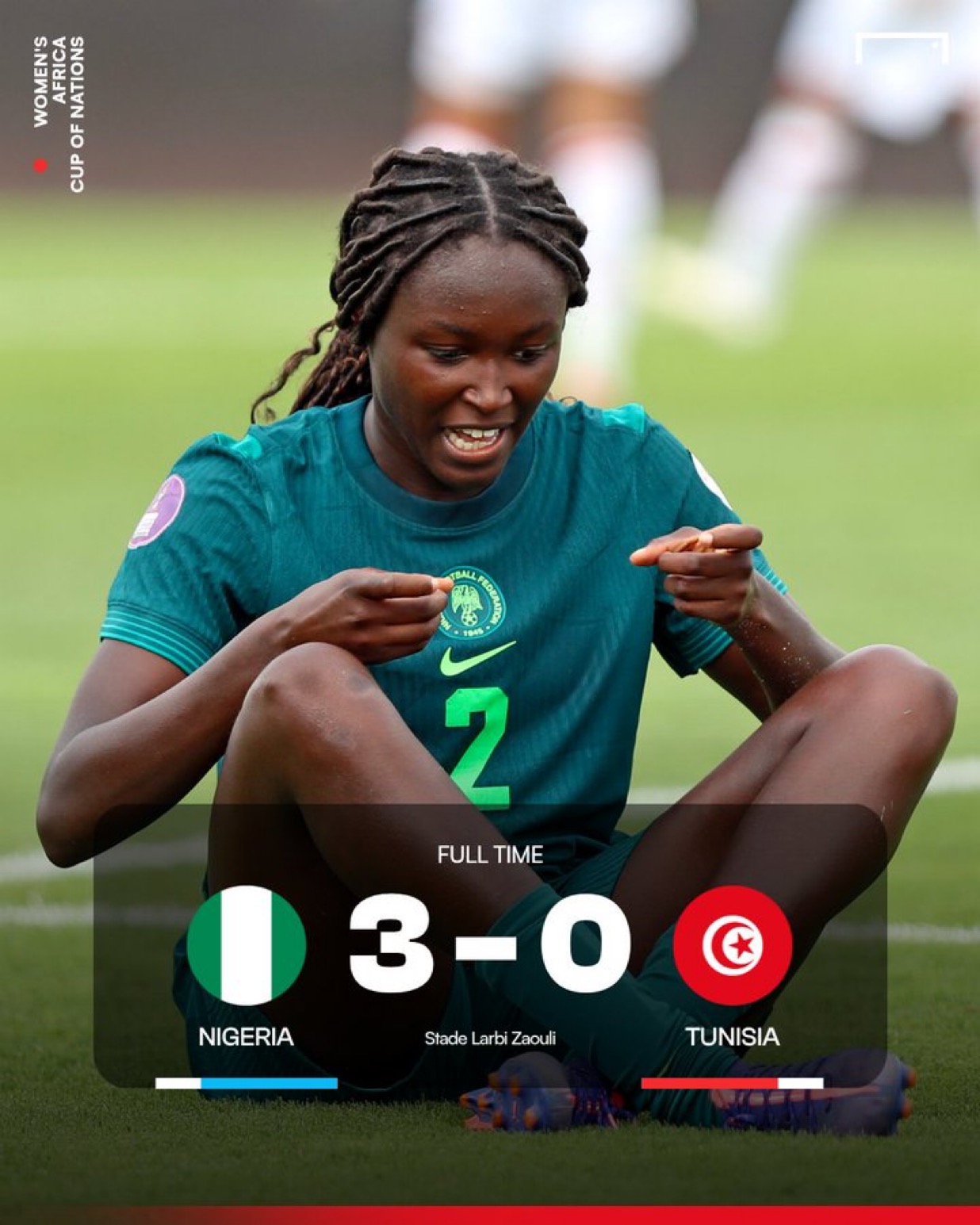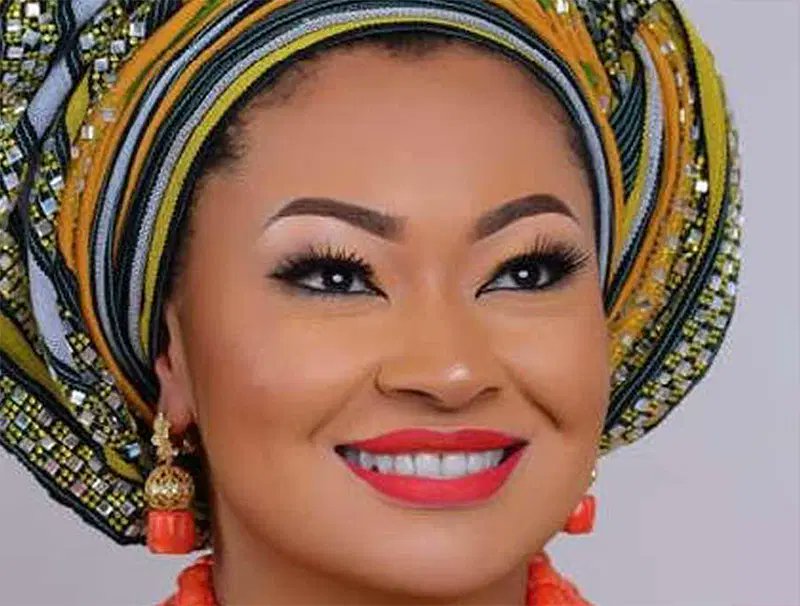
A Budget for All: Senate Vows Inclusive Development in 2025 Appropriation Plans

In a bold reaffirmation of its legislative duty, the Senate Appropriations Committee has made a strong declaration that the National Assembly is fully committed to crafting a national budget that leaves no region behind. The statement, made by the Chairman of the Appropriations Committee during a press briefing in Abuja, signals what many hope will be a shift from partisan and regional interests to an all-inclusive developmental agenda that benefits every Nigerian, regardless of geography or political affiliation.
Speaking to journalists, the Senate Appropriations Chairman emphasized that the 2025 national budget currently under consideration is not just another financial blueprint but a strategic document that must reflect the hopes and expectations of over 200 million citizens spread across the six geopolitical zones of the country. He stressed that the days of lopsided allocations and under-represented regions should become a thing of the past, assuring Nigerians that equity, fairness, and balanced growth will be at the heart of every naira appropriated.
“The budget must reflect the dreams of all Nigerians, not just the elite or a particular section of the country,” he declared. “As lawmakers, our loyalty is to the people, and our duty is to make sure the federal budget works for everyone — from the fisherman in Bayelsa to the farmer in Benue, from the trader in Kano to the teacher in Enugu.”
This public commitment comes at a critical time when citizens are increasingly scrutinizing the federal budget process. With inflation still biting hard, unemployment lingering at double digits, and infrastructural deficits visible across the country, Nigerians are eager to see a budget that doesn't merely survive the pages of government documents but manifests in real developmental outcomes. From road construction to healthcare access, from education reform to small business support, the public's expectations are high, and the political stakes even higher.
The chairman's assurance also resonates deeply amid recent criticisms that the budgeting process in Nigeria has historically favored urban centers and politically connected regions, leaving rural and marginalized communities underserved. Analysts say if the National Assembly truly follows through on this promise, it could mark a turning point in how national resources are distributed and how governance is perceived at the grassroots level.
As discussions around the Medium-Term Expenditure Framework (MTEF) and the Fiscal Strategy Paper (FSP) heat up in both chambers of the National Assembly, lawmakers are reportedly working behind the scenes to ensure that the final document submitted to President Bola Ahmed Tinubu for assent reflects broad-based input from various stakeholders. Public hearings are being intensified, and committee heads are being tasked with engaging more extensively with constituents, NGOs, professional bodies, and civil society organizations.
Observers believe that the statement from the Appropriations Chairman could also be a subtle message to the executive arm of government, particularly ministries, departments, and agencies (MDAs), many of which have been accused in past administrations of submitting padded, unrealistic, or lopsided budget proposals. The chairman noted that the committee will “interrogate every figure, scrutinize every proposal, and ensure that every kobo of public funds is justified, accountable, and transparently allocated.”
In response to this legislative stance, several civil society organizations and economic watchdogs have lauded the Senate’s position, calling it timely and necessary. The BudgIT Foundation, a civic tech organization focused on transparency and accountability, released a statement welcoming the Senate’s promise and urging lawmakers to go beyond rhetoric. “We are cautiously optimistic. What we need now is action, not just words. A truly inclusive budget must be reflected in project locations, execution rates, and impact on the everyday lives of Nigerians,” the group said.
Meanwhile, in several regions across the country, citizens have begun to voice their expectations. In the South-East, calls are growing louder for budgetary provisions that will accelerate the completion of long-abandoned federal roads, revive moribund industries, and address the severe power supply issues that stifle business growth. In the North-East, stakeholders are advocating for more security-related spending, rehabilitation of displaced persons, and agricultural support, while the South-South continues to push for better resource control mechanisms and oil spill remediation funding.
Even the nation’s capital, Abuja, often at the center of federal attention, has its own pressing demands. Residents and local government chairmen are demanding better infrastructure in the satellite towns, improved transportation networks, and water supply upgrades.
The weight of these expectations hangs heavily on the shoulders of the National Assembly, and especially the Appropriations Committee. But the chairman remains confident that the legislative arm is up to the task. He praised the cooperation of fellow senators and representatives, noting that for the first time in recent years, lawmakers from different parties are “putting Nigeria first” in their budget contributions.
The executive, on its part, has also expressed optimism. The Minister of Finance, Wale Edun, who recently appeared before the Senate Finance Committee, stated that the Tinubu administration is focused on “fiscal discipline, revenue generation, and result-based budgeting.” He added that the budget would prioritize infrastructure, human capital development, digital innovation, and poverty alleviation.
Still, many Nigerians remain skeptical, weary of promises that have failed to materialize. With the country’s debt profile ballooning, there is growing concern about how the budget will be funded, and whether recurring expenditures will once again dwarf capital investments. Some economists warn that unless the budget is anchored on realistic revenue projections and efficient tax collection, its ambitious tone may not translate into practical results.
Yet, amidst these doubts, the clear and vocal commitment by the Senate Appropriations Chairman injects a dose of cautious hope into the national psyche. For many, it is a sign that the legislative arm is finally beginning to understand that budgets are not just ledgers of figures, but tools of justice, equity, and nation-building.
Only time will tell whether this latest vow by the National Assembly will be remembered as a pivotal moment of change — or just another well-worded press statement. But for now, Nigerians are watching, hopeful that the 2025 budget will indeed be a budget for all.


